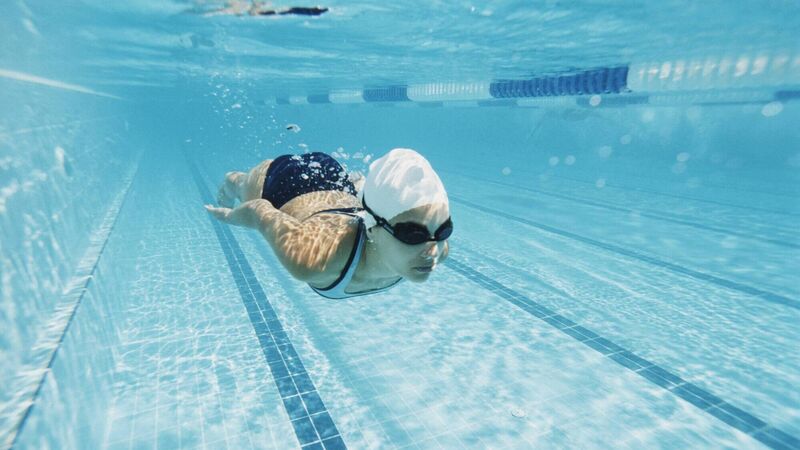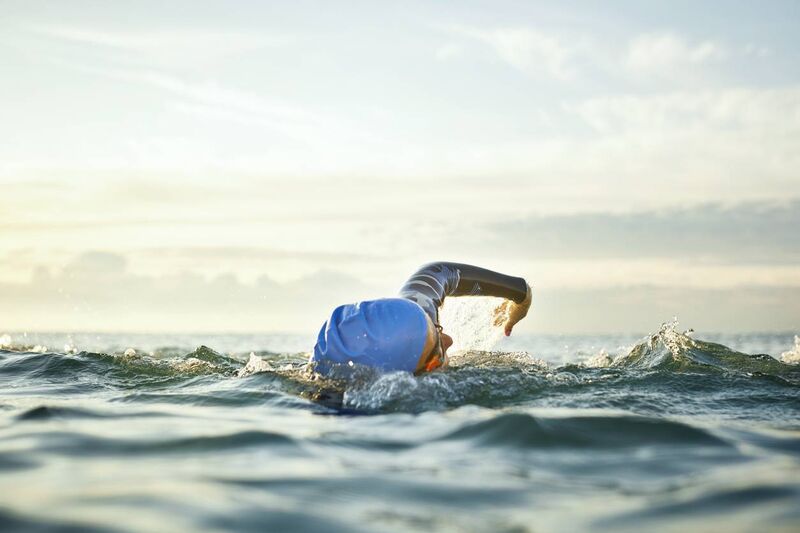‘Swimming can be a challenge but may be the best winter exercise’

Swimming can be a challenge for some people, especially in the sea. But confronting challenges is key to the impact on mood, says Dr Catherine Conlon.
Regular swimming can banish the blues, damp down anxiety, and improve your lung capacity. Now we are learning that it can reduce the risk of chronic illness, including heart disease, type 2 diabetes and stroke, and even delay cognitive decline.

Swimming is safe during pregnancy. The water supports your bump and can help to reduce swelling in the ankles and feet. There is also some evidence that regular swimming in early to mid-pregnancy can reduce the risk of pre-term labour.
- Dr Catherine Conlon is a public health doctor in Cork







 App?
App?


